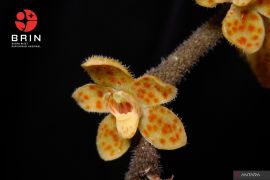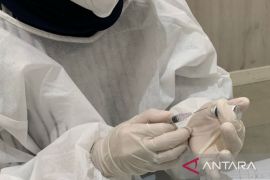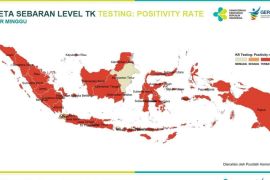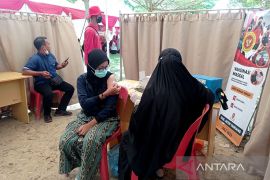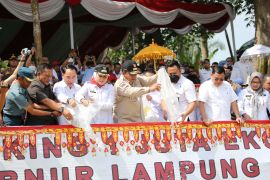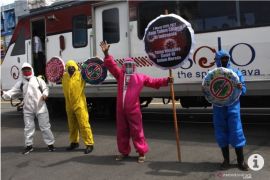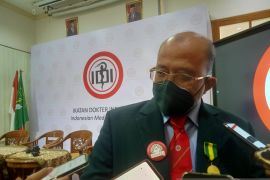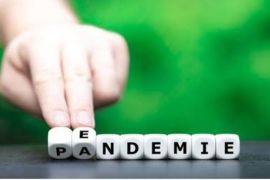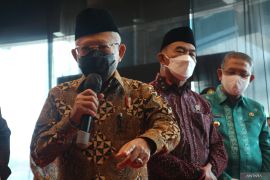Health Ministry's spokesperson, Siti Nadia Tarmizi, remarked that several indicators had to be met within a certain timeframe for it to be considered as an endemic disease. Her statement was quoted from the Health Ministry's press release received here on Wednesday,
The indicators in question include the rate of COVID-19 transmission being less than one; positivity rate less than five percent, apparent from the ratio of positive cases to the number of examinations; the cases rate being less than five percent; fatality rate of less than three percent; and a level 1 status of the community activity restrictions.
Tarmizi affirmed that on a daily basis, the government, along with experts, monitored the changes in the indicators of the endemic phase.
The spokesperson noted that Indonesia was undergoing a transition period, from a pandemic to an endemic one, based on the COVID-19 transmission control indicators.
Related news: Endemic indicator still under discussion by experts: ministry
The government has decreased the community activities restriction status to level 2, revoked regulations requiring travelers to take RT-PCR and antigen examinations, and shortened the quarantine period for travelers from overseas.
The quarantine period for travelers from abroad has been shortened, from 14 days to seven days, and thereafter reduced to three days, and lowered again to one day.
Tarmizi emphasized that during the endemic phase, COVID-19 transmission still occurred but did not interfere with daily activities.
"During the end of the epidemic, even if there are cases, they will not interfere with our lives like it does today; in which almost all of our activities, social life, religious life, tourism, are not disturbed by COVID-19 cases," she stated.
"It takes a longer time to get rid of a disease. Of course, we must be prepared to continue to coexist with COVID-19," Tarmizi concluded.
Related news: Indonesia mulls pandemic to endemic shift
Translator: Hreeloita D S, Mecca Yumna
Editor: Suharto
Copyright © ANTARA 2022



